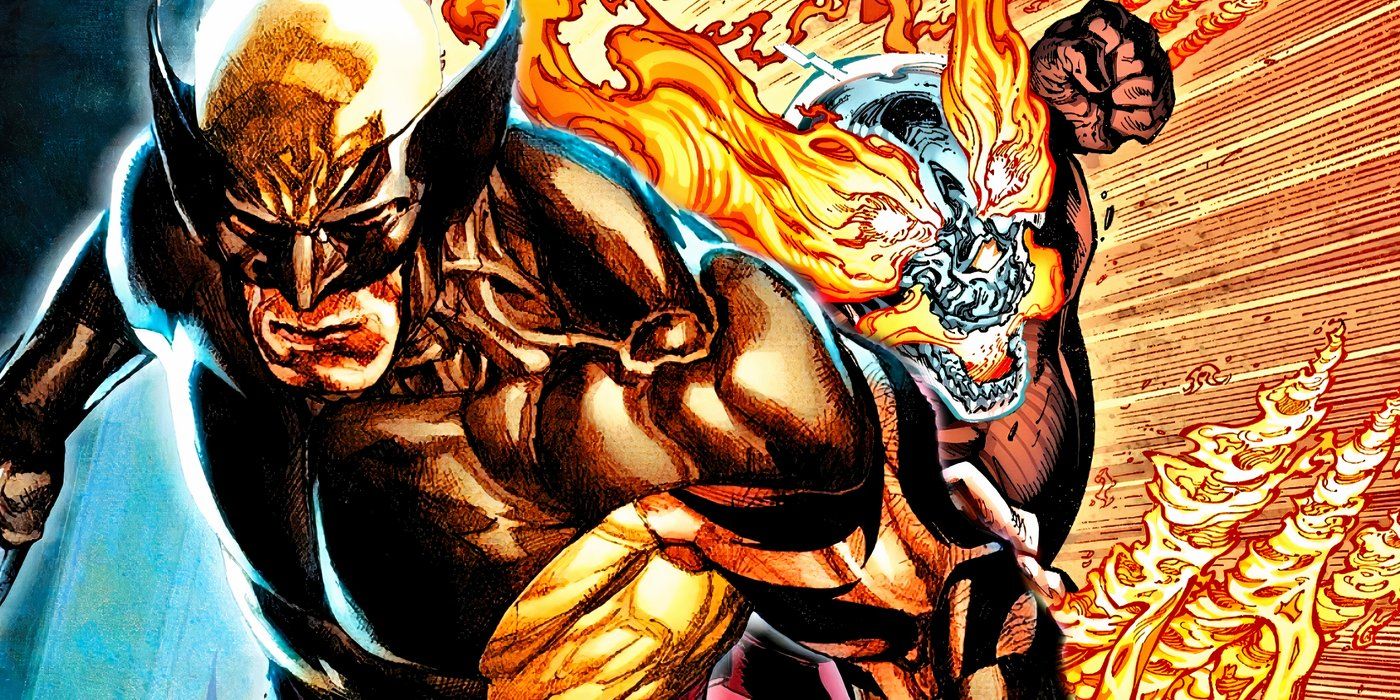Ryan Reynolds‘ relationship with major Hollywood studios has changed throughout his career — and thank goodness for that.
The “Deadpool & Wolverine” writer/producer/lead star said during Variety’s “Actors on Actors” alongside Andrew Garfield that he wanted to take back his agency as an actor by being more involved in the filmmaking process.
“I look at authorship and control, or however you want to frame it, as trust. Part of my job … well, I have several parts of the job. One, I have to convince the studio, who’s making a significant investment in mine and [director] Shawn Levy’s ability to land the plane on a dime. And our job is to return that investment. And that really is a big construct of this business,” Reynolds said, citing the “Deadpool” franchise he was instrumental in greenlighting.
Reynolds continued of his career as a whole, “I’ve spent a long time doing work and roles that were incredibly fulfilling and nuanced and different and unexpected and charactery and movies that were received really well by critics, but not audiences. I thought, ‘Well, if I want to continue to do this, I have to figure out how to work both sides of the room and make sure that part of my job is choosing work that will beget more of this experience that I love.'”
Reynolds explained that at times, he felt like he had “no power” as an actor and was hostage to the whims of studios, especially with big blockbuster features.
“When I had no power — and I say ‘no power’ very loosely, because someone in my position has [power] — so I say that with a grain of salt. But what I mean is, I would be on big movies, and I knew the stakes, but I had absolutely no input into what happens. And when you have a point of view, and it can’t be expressed…it’s a terrible feeling,” he said. “And when you do try to express the point of view and you say something that feels reasonable, like ‘Let’s stop spending on spectacle and let’s spend on character‘ or ‘Why are we putting all the money in special effects when we could just write?,’ and that’s dismissed…”
Instead, Reynolds wanted to take control of the filmmaking process, even if the film turned out to be a dud.
“If that happens a couple of times, you go, ‘I own the bomb.’ If I’m going to bomb, I want to be the architect of my own demise,” Reynolds said. “I don’t want to be a passenger on someone else’s nosediving jet plane.”
Reynolds added that for another “Deadpool” sequel to happen, it would have to be “complete experience instead of a commercial for another one.”
Reynolds went on to credit indie studio A24, which produced Garfield’s “We Live in Time,” for being an example of a studio that puts filmmakers first.
“Sometimes as studios tend to drag the consumer down toward the bottom line by their wallet, sometimes we leave all the other shit behind,” Reynolds said to Garfield. “And what I appreciated so much with the film, your performance, and A24, who obviously makes pretty special films, was that there was room for that.”

 1 week ago
5
1 week ago
5










 English (US) ·
English (US) ·